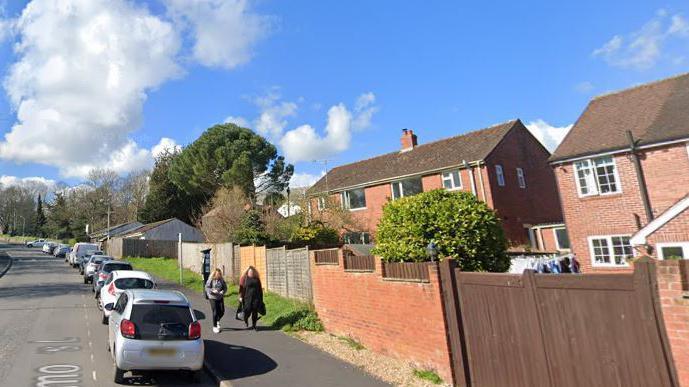Taxis to be allowed access to low-traffic roads
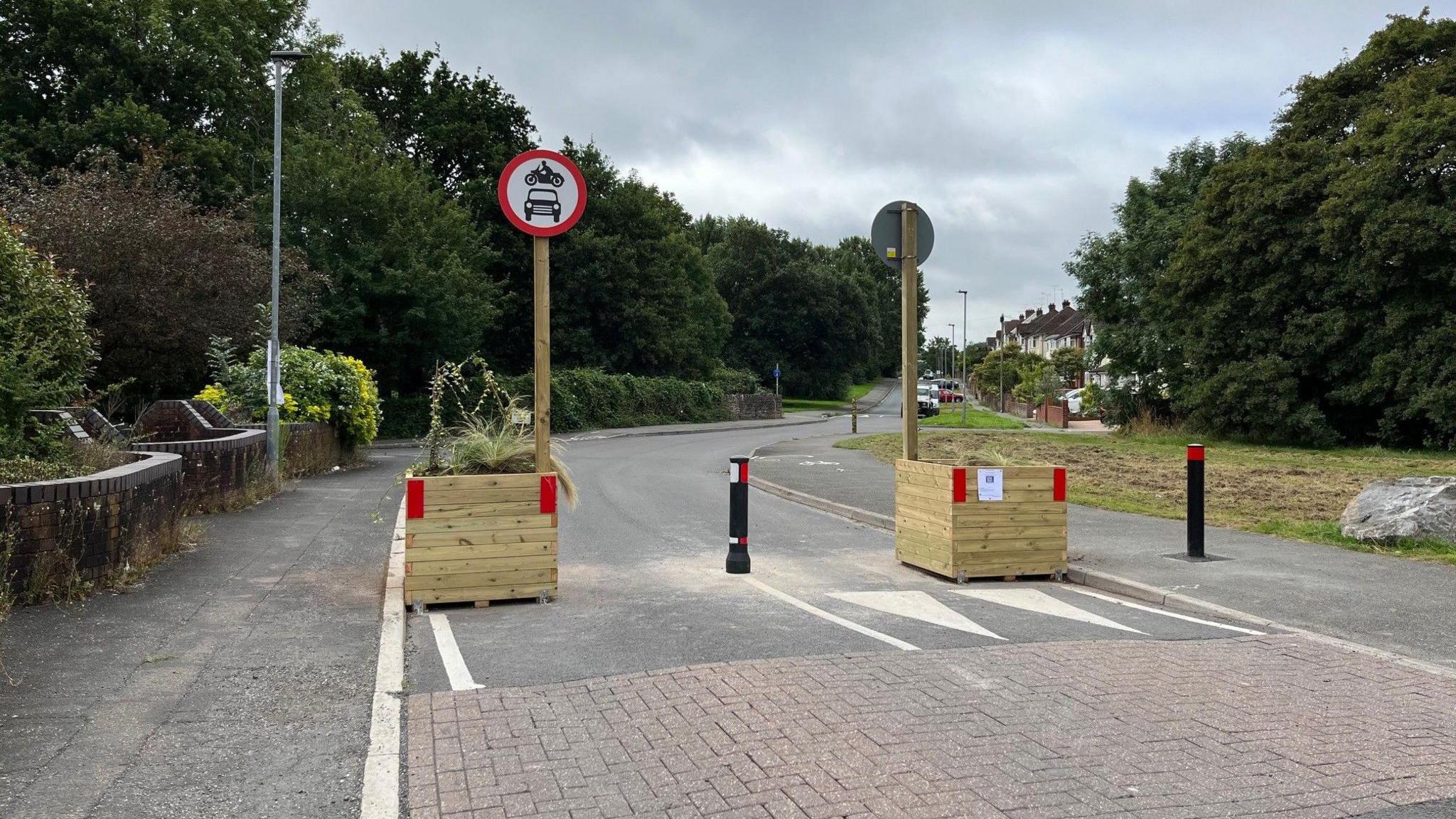
Taxis will be allowed to use the low traffic neighbourhoods from 9 November
At a glance
Taxis will be allowed to access designated low traffic neighbourhoods in Exeter, Devon County Council says
The council said criticism from vulnerable people who use taxis for journeys was a "recurring theme" in a consultation process
Taxi drivers, who will be able to use the zones from 9 November, welcomed the decision
- Published
Taxis will be allowed to bypass traffic bollards installed as part of a controversial road closure scheme in Devon.
Devon County Council said taxis would be allowed to use bus gates to access closed off roads in the Heavitree and Whipton area of Exeter from 9 November.
The trial scheme started in August, with the installation of bollards and planters in areas designated as low traffic neighbourhoods (LTN).
The council said the trial is designed to make the area safer but admitted it was having an undue impact on people with mobility issues.
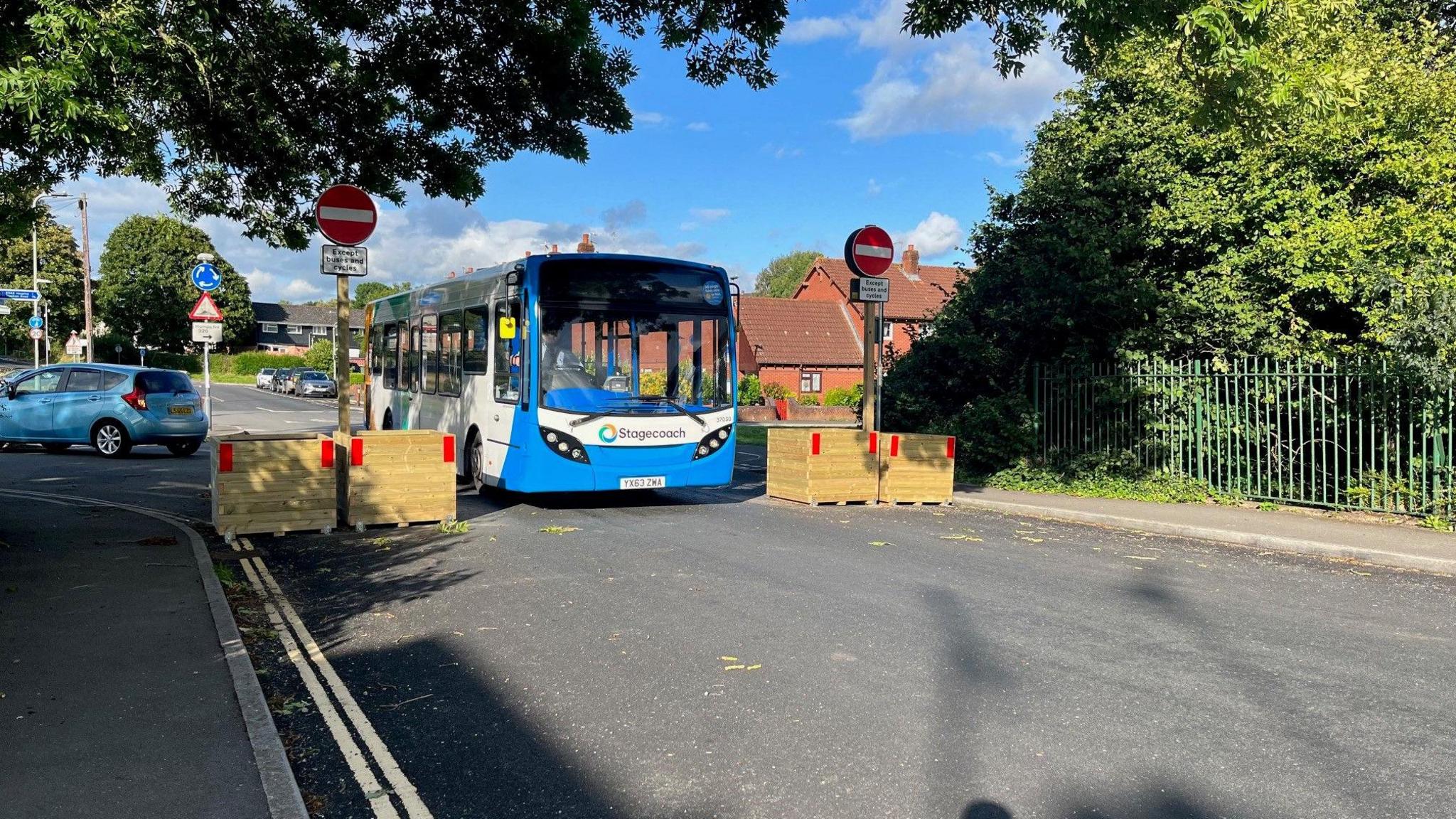
Taxi drivers will use a bus gate to access the area
People with disabilities have heavily criticised the scheme for the longer journeys they have to take in taxis.
The council said it agreed change was needed after meeting representatives of the taxi industry.
Councillor Carol Whitton, vice-chair of the Exeter Highway and Traffic Order Committee, said a "recurring theme" of the consultation was the extra cost on people who need to use taxis.
She said: “We think it’s an important decision and we will make the amendments to the experimental traffic orders as quickly as we can", she said.
Jonathan Kellaway, from the Exeter Hackney Carriage Forum, said taxi drivers welcomed the decision.
"This will help mitigate the negative impact of the LTN on vulnerable children and adults who rely on our services," he said.
"We look forward to continued dialogue with the highways authority on this and other related issues affecting our trade.”
The council said the modification of the trial means a statutory six-month consultation would need to start again.
However, it said it would not extend the length of the trial beyond the original 18-month window.
The council will then need to decide whether to make the scheme permanent or abandon it.
Follow BBC News South West on Twitter, external, Facebook, external and Instagram, external. Send your story ideas to spotlight@bbc.co.uk, external.
Related topics
- Published8 September 2023
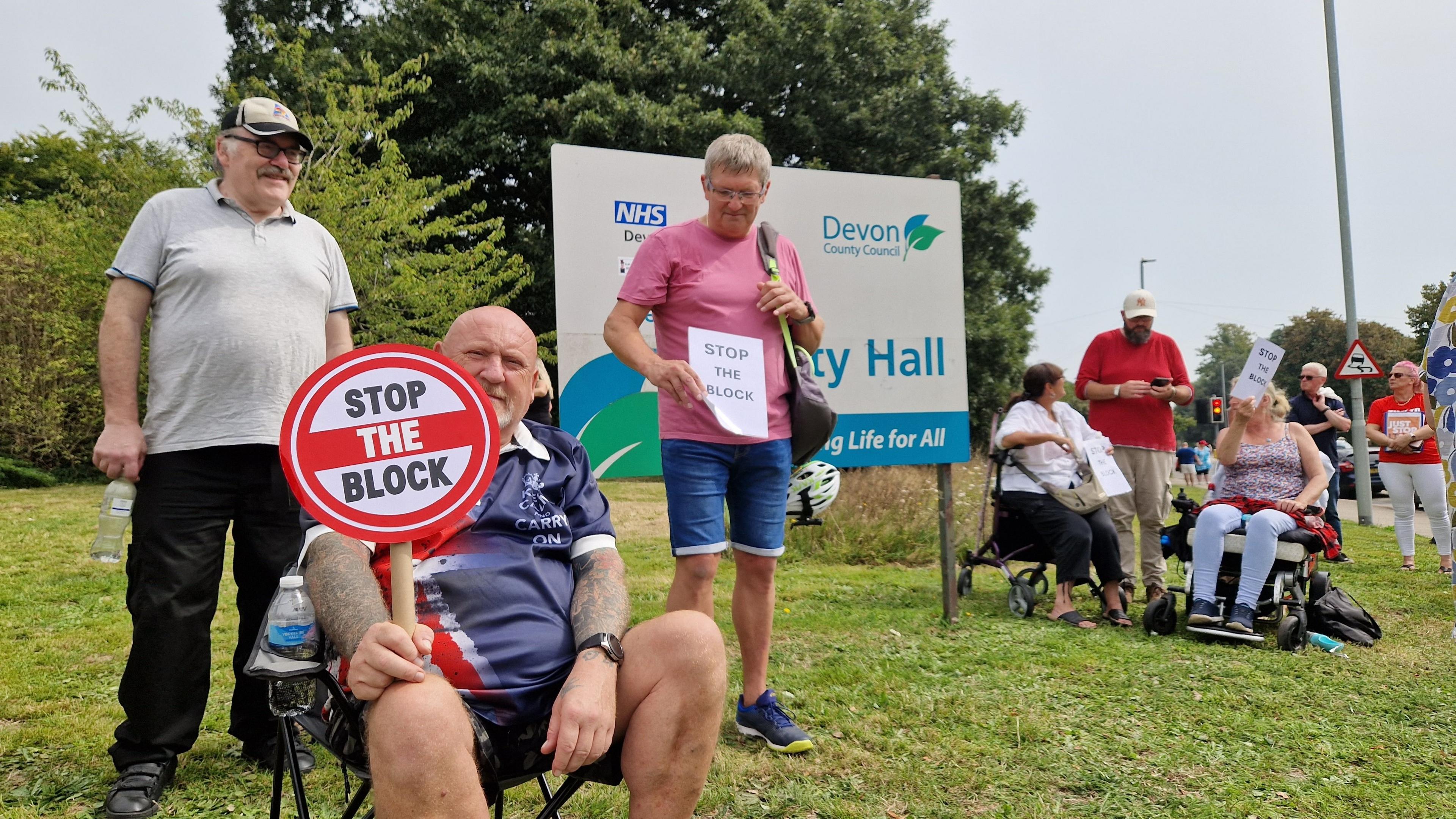
- Published30 August 2023
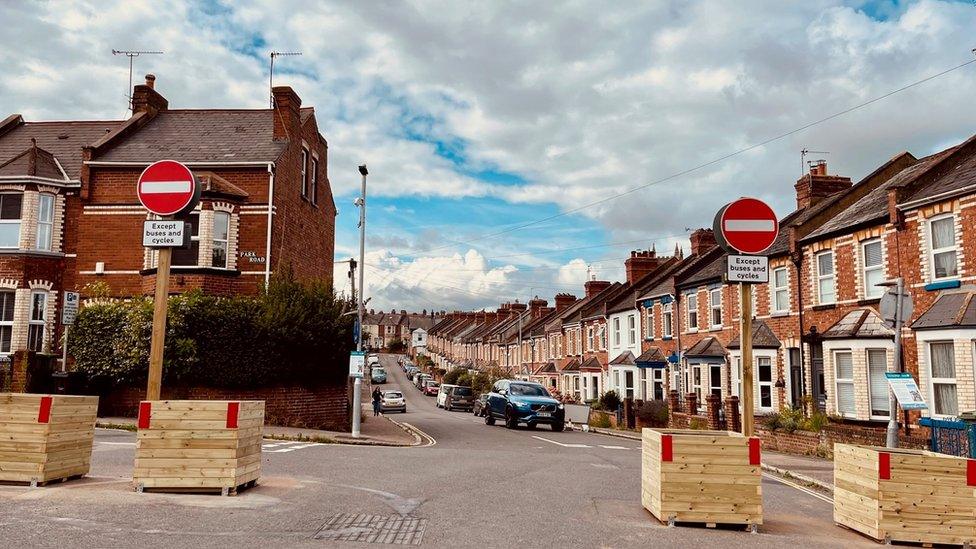
- Published10 August 2023
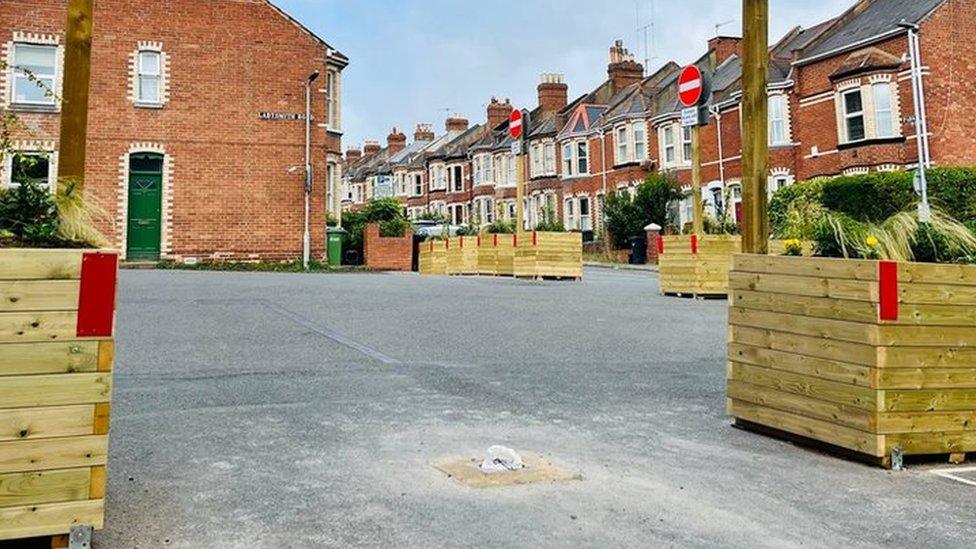
- Published20 June 2023
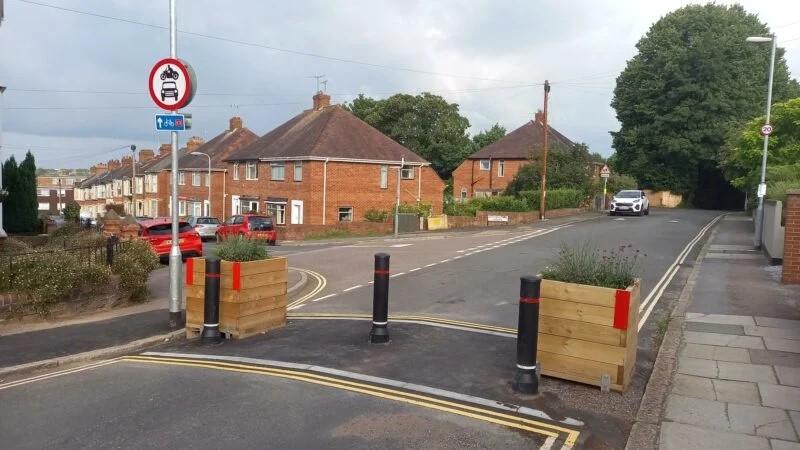
- Published24 July 2023
